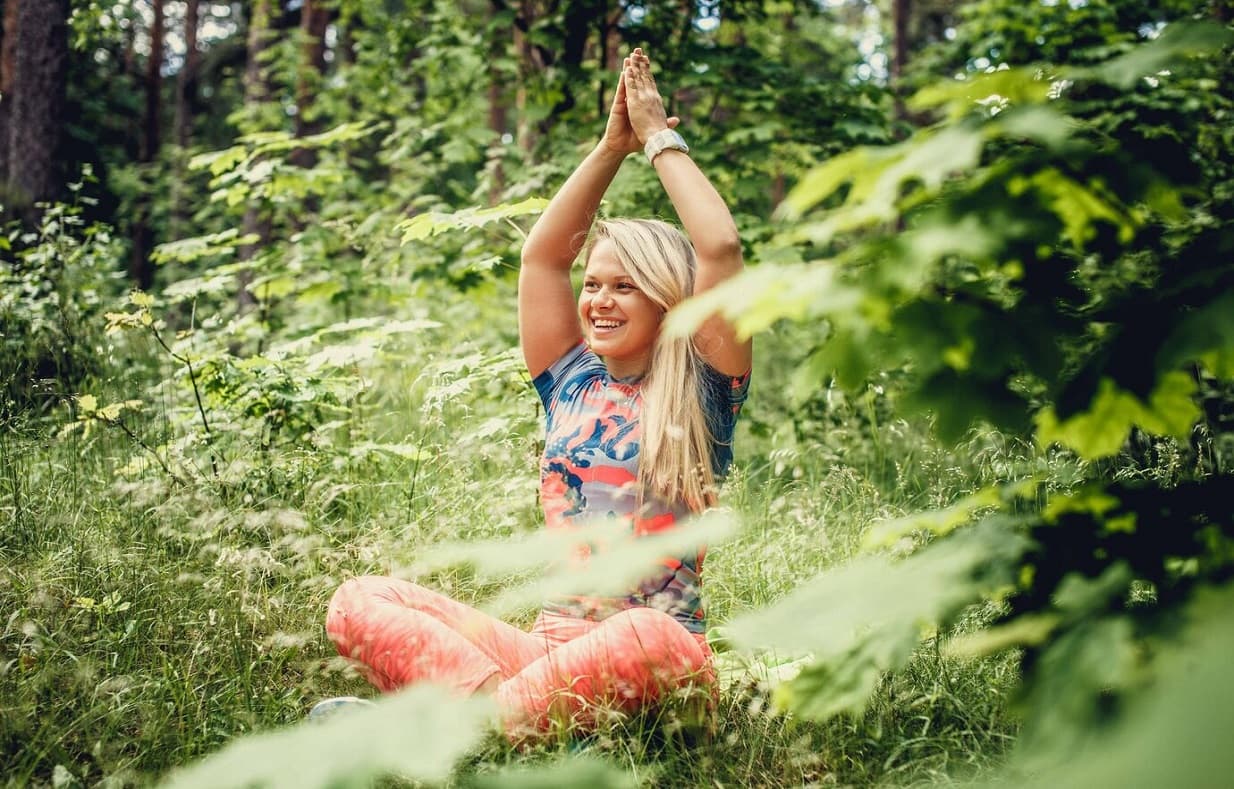The Connection Between Pilates and Sustainability: A Path to a Healthier You and Planet

Introduction
In a world increasingly focused on sustainability, many of us are looking for ways to align our lifestyles with eco-friendly practices. While we often think of sustainability in terms of reducing waste, conserving energy, or supporting ethical brands, it's also possible to integrate these principles into our fitness routines. Pilates, with its emphasis on mindful movement, simplicity, and holistic well-being, aligns naturally with sustainable living. In this blog post, we’ll explore how Pilates is linked to sustainability and how practicing this mindful exercise can contribute to a healthier you and a healthier planet.
check also: Discover the Amazing Benefits of Pilates for Your Body and Mind
Simplicity and Minimalism in Pilates
Pilates is a practice that thrives on simplicity and minimalism, two key principles of sustainable living. Unlike some fitness trends that require a plethora of equipment, high-tech gadgets, or energy-intensive environments, Pilates can be practiced with minimal resources. A mat and a small space are often all you need to engage in a full Pilates workout. Even when using equipment like the Reformer, the focus remains on body-weight exercises and mindful movements, which require little more than your own effort and intention.
Key Sustainable Benefits of Pilates
Low Environmental Impact
Pilates has a naturally low environmental impact compared to many other forms of exercise. For instance, it doesn’t require large gym facilities, heavy machinery, or high energy consumption. Whether practicing at home, in a studio, or outdoors, Pilates promotes a low-carbon footprint, making it an eco-friendly choice for fitness enthusiasts. By choosing Pilates over more resource-intensive activities, you’re contributing to a reduction in energy use and supporting a more sustainable planet.
Durability and Quality Over Quantity
In Pilates, the focus is on quality of movement rather than quantity. This principle parallels the sustainable practice of choosing durable, high-quality items that last over time rather than consuming disposable, low-quality goods. Pilates teaches you to move with intention, to focus on form, and to avoid excess. This philosophy can extend beyond the mat, encouraging you to make more mindful choices in your daily life, from the products you buy to the activities you engage in.
Mindful Consumption
Practicing Pilates often leads to a heightened sense of body awareness and mindfulness, which can translate into more mindful consumption habits. As you become more attuned to your body’s needs, you may find yourself gravitating towards healthier, more sustainable food choices, reducing waste, and living more consciously. This mindfulness extends beyond the workout, helping you align your actions with your values, including sustainability.
Supports Local and Eco-Friendly Studios
Many Pilates studios prioritize sustainability, from using eco-friendly mats and props to incorporating green practices in their facilities. By supporting these studios, you contribute to a local economy that values sustainability. Additionally, online Pilates classes reduce the need for commuting, saving energy and reducing carbon emissions. Whether in-person or online, choosing to practice with a studio that prioritizes sustainability amplifies your positive impact on the environment.
Promotes Longevity and Health
Pilates is a low-impact exercise that focuses on long-term health and well-being, reducing the likelihood of injury and promoting longevity. This long-term approach to fitness mirrors the sustainability principle of focusing on enduring benefits rather than short-term gains. By investing in your health through Pilates, you’re not only ensuring a sustainable fitness routine for yourself but also reducing the strain on healthcare resources over time.
Encourages Connection with Nature
Pilates can be practiced anywhere, including outdoors, which encourages a connection with nature. Practicing Pilates in natural settings, like a park or garden, fosters a deeper appreciation for the environment and reinforces the importance of preserving it. This connection with nature is central to sustainable living, as it reminds us of the beauty and necessity of protecting our planet.
Tips for Practicing Pilates Sustainably
Choose Eco-Friendly Equipment:
Opt for Pilates mats and props made from sustainable materials like natural rubber, cork, or organic cotton. Avoid PVC and other harmful plastics that can take centuries to decompose.
Practice Outdoors:
Whenever possible, take your Pilates practice outside. This not only reduces the need for lighting and climate control but also helps you connect with the natural world.
Support Sustainable Studios:
Choose studios that prioritize green practices, such as using eco-friendly products, reducing waste, and conserving energy.
Be Mindful of Energy Use:
If practicing at home, turn off unnecessary lights, use natural light when possible, and avoid excessive use of electronic devices during your workout.
Reduce Waste:
Bring your own water bottle to classes to reduce plastic waste, and use a reusable bag for carrying your gear.
Conclusion
Pilates and sustainability go hand in hand, offering a fitness routine that not only benefits your body and mind but also aligns with eco-friendly values. By embracing the simplicity, mindfulness, and low-impact nature of Pilates, you can contribute to a healthier planet while also nurturing your own well-being. Whether you’re a seasoned practitioner or new to the practice, making mindful choices in how you engage with Pilates can have a lasting positive impact on both your life and the environment.
Advertisement
We will place Ads here
750x100